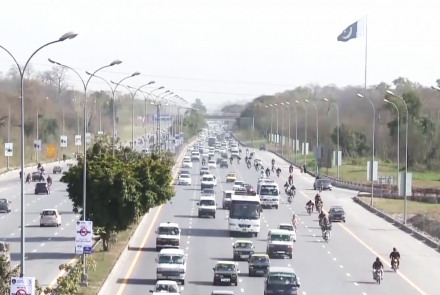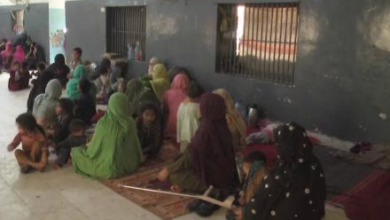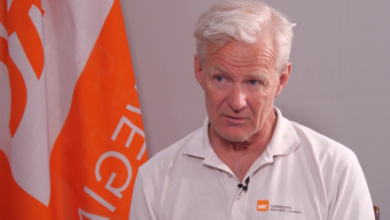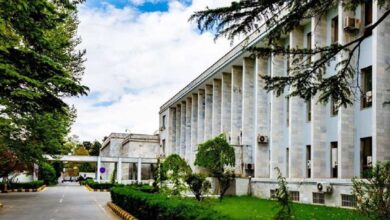EU, Pakistan Address Afghan Refugee Challenges in Joint Meeting

Pakistan’s Ministry of Foreign Affairs announced that the 14th Joint Commission meeting between the European Union and Pakistan included discussions on Afghan refugees.
According to the ministry’s statement, the EU expressed support for sustainable solutions for Afghan refugees residing in Pakistan.
The statement added: “The EU reiterated its appreciation for Pakistan’s generosity in hosting Afghan refugees over the decades and welcomed the decision to extend the validity of Proof of Registrations cards of Afghan nationals residing in Pakistan until 30 June 2025. The EU also reiterated its support to the Solution Strategy for Afghan Refugees (SSAR), aimed at providing lasting solutions for Afghan refugees and their host communities in neighbouring countries.”
Meanwhile, German media, citing Croatia’s Ministry of Interior, reported that in the first ten months of this year, more than 26,000 undocumented migrants entered the country, many of whom were from Afghanistan, Syria, Turkey, Russia, and Egypt.
One such media outlet wrote: “A total of 26,534 illegal border crossings were recorded in the first 10 months of this year, the press office of Croatia’s Interior Ministry told DW, adding that most of these migrants were citizens of Afghanistan, Syria, Turkey, the Russian Federation and Egypt.”
Ehsan Ahmadzai, an Afghan refugee rights activist, told : “Our request to the international community, especially the European Union, is to focus on two key areas: first, expediting the processes for those seeking resettlement in a third country, and second, ensuring better treatment of Afghans during the one-year grace period granted to them.”
Afghan refugees in various countries, particularly neighboring ones, say they face significant challenges.
Jamal Muslim, an Afghan refugee in Turkey, told : “Based on the practices of refugee-hosting organizations in other countries, like the United States, France, and Germany, many still suffer from economic difficulties, language barriers, and a lack of proper documentation in these nations.”
Mohammad Reza Sazesh, an Afghan refugee in Pakistan, said: “Many Afghan refugees here remain homeless and without facilities. Some have been stranded here for years, waiting for progress in their cases, but to no avail.”
This comes as, in recent months, Afghan refugees have encountered serious challenges not only in neighboring countries but also in European nations. Germany, for example, deported 28 Afghans accused of various crimes in late August this year.



